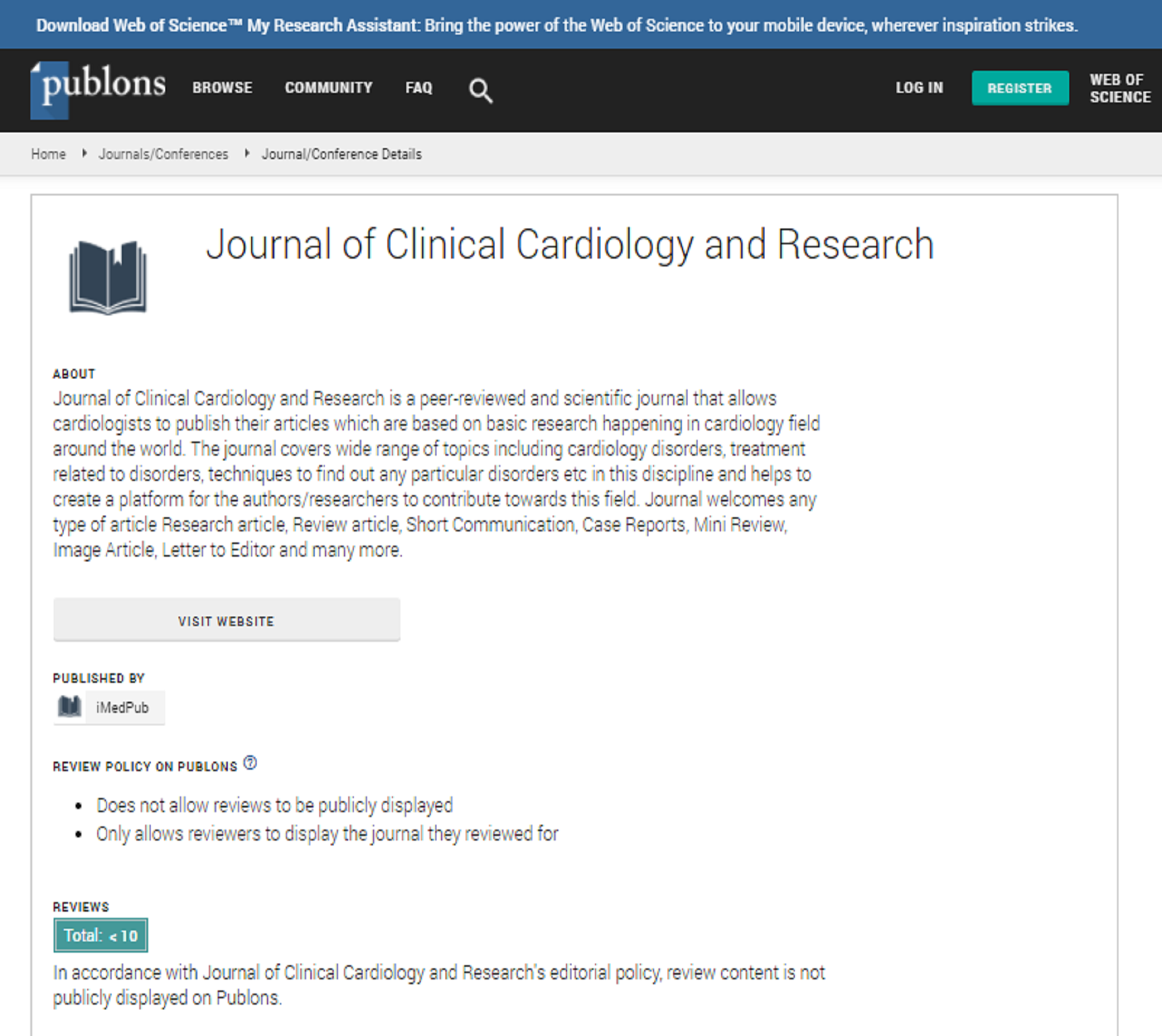Abstract
Delayed Symptoms Following Guanfacine XR Overdose
We describe a case of a 17-year-old female whom purposefully ingested 84 mg of Guanfacine XR (~11 times the recommended maximum daily dose), that presented with symptoms of hemodynamic dysregulation in the form of orthostatic hypotension. She was seen in the emergency department, monitored for 8 h at the suggestion of Poison Control whom admitted the current evidence for this overdose is scant, and was discharged home. The following day she was re-admitted to the hospital for a fall down a flight of stairs secondary to vagal syncope, and on admission had drastic orthostatic hypotension, ECG changes including PR prolongation, QTc prolongation and sinus bradycardia. Her hemodynamic symptoms and ECG changes peaked at approximately 35 h with normalisation by Day 5 post-ingestion. This case highlighted the current deficit in evidence of clinical course for a patient overdosing on Guanfacine XR, which demonstrated a need for extended cardiorespiratory monitoring and eventual admission to the hospital. Given that Guanfacine XR is commonly prescribed for patients with impulsivity, these are a population at particular risk of overdose should suicidal ideations or borderline personality traits be a comorbidity. We hope this presentation will prompt a consolidation of overdose clinical courses to create an evidence-based guide for community cardiologists to anticipate the patient’s clinical course when consulted for these overdoses. Guanfacine is a prescription medication that is used to treat attention-deficit hyperactivity disorder (ADHD) in individuals between 6 and 17 years of age. Guanfacine is also used to treat blood pressure in both children and adults The clinical syndrome after overdose of guanfacine may be mixed depending on central or peripheral alpha-adrenoreceptor effects. Initial clinical effects may be drowsiness, lethargy, dry mouth, and diaphoresis. Cardiovascular effects may depend on time post-ingestion and may present as hypotension or hypertension. The management of guanfacine overdose is largely supportive, with a focus on support of blood pressure. Overdose with ADHD medications can produce major morbidity, with many cases requiring intensive care medicine and prolonged hospital stays. However, fatalities are rare with appropriate care. The drugs used for the treatment of ADHD are diverse but can be roughly separated into two groups: the stimulants such as amphetamine, methylphenidate, and modafinil; and the non-stimulants such as atomoxetine, guanfacine, and clonidine . This review focuses on mechanisms of toxicity after overdose with ADHD medications, clinical effects from overdose, and management. The adverse events associated with long-term therapeutic use of these agents are not covered. History may indicate periods of one or more days of insomnia after large overdoses or prolonged use (binges). While seizures and cardiovascular toxicity are less common than seen after intoxication with other sympathomimetic agents such as cocaine, behavioral and psychiatric effects, such as hallucinations and psychosis, are common and may be related to the more potent dopaminergic effects of amphetamines. Guanfacine may control your condition, but will not cure it. It may take 2 weeks before you feel the full benefit of guanfacine extended-release tablets. Continue to take guanfacine even if you feel well.
Author(s): Harrison G. Saulnier MDCM, John Smythe MD FRCP and Peter MacPherson MD FRCP
Abstract | PDF
Share This Article
Google Scholar citation report
Journal of Clinical Cardiology and Research peer review process verified at publons
Abstracted/Indexed in
- Google Scholar
- Publons
Open Access Journals
- Aquaculture & Veterinary Science
- Chemistry & Chemical Sciences
- Clinical Sciences
- Engineering
- General Science
- Genetics & Molecular Biology
- Health Care & Nursing
- Immunology & Microbiology
- Materials Science
- Mathematics & Physics
- Medical Sciences
- Neurology & Psychiatry
- Oncology & Cancer Science
- Pharmaceutical Sciences

